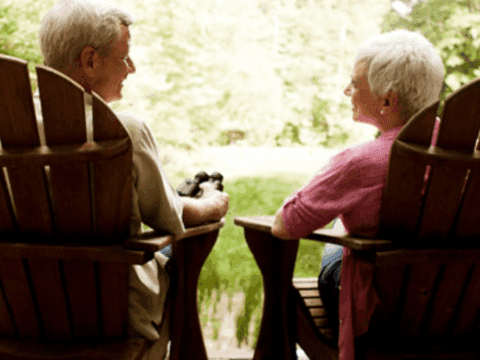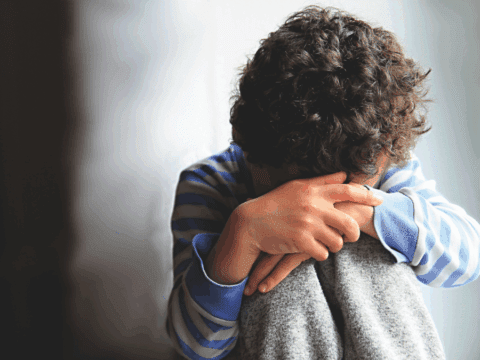I vowed not to set foot in the United States after Donald Trump’s tariff and annexation threats, but my niece is getting married in Vermont over the holidays and would be hurt if I missed the wedding. Should I go?
—Conflicted Canuck
You may unsubscribe from any of our newsletters at any time.
Dear Conflicted Canuck,
I write as a Canadian who continues to live and work in the United States, while carrying both the gifts and burdens of this place. I share the frustration felt by those embarrassed and angered by the current administration. Moreover, I am disquieted by those emboldened by it. So I understand the impulse to withdraw and protest: to avoid American products and to resist crossing the border as a response to Donald Trump’s foolish threats and authoritarian actions.
Yet, having learned from German Lutheran and liberation theologian Dorothee Sölle, I would suggest that political reality must be faced without illusion and without surrender. In writings from Political Theology (1974) and To Work and to Love (1984), she contends that Christian hope attends to the here and now rather than offering some kind of otherworldly consolation. And you are doing just that in considering both the political moment and the invitation with seriousness and concern. Yet consider also the cross and resurrection, which Sölle explores in Suffering (1975). These happenings invite a present, embodied reality — a refusal of fear, apathy and the diminishment of human bonds. Death is behind us, and love remains active, embracing life in the midst of despair. We are, through Christ’s rising, set free from obedience to death-dealing forces. We are liberated for love.
More on Broadview:
- My company cut DEI. Do I stay?
- Chicago pastor says an ICE officer grabbed his throat during peaceful protest
- Ontario’s living wage just went up — here’s why that’s important
This is why a wedding you are called to attend is not a mere sentiment. It is a protest against death and a covenant of fidelity that the spectacle of politics can neither create nor destroy. To be present is to participate in the same defiant hope named above: to witness and strengthen the vows, to become responsible to the couple, and to offer the wisdom, joy and commitment to life that can help their promises endure.
Accordingly, borders and boycotts should not constrain an invitation to love. Of course, for some targeted groups, including immigrants and trans people, border crossings become sites of refusals, detentions and terror. So one must remain wary and discerning. But where and when possible, go to the wedding. Stand with your niece and her partner. Celebrate with them and others gathered. In that gathering, you will fulfil your own vow in a different way — by affirming our liberation to act from love, not fear, and to meet life’s most human moments with presence rather than absence.
***
Ashley Moyse is a Canadian ethicist, theologian and associate professor of bioethics at Baylor University in Texas.













